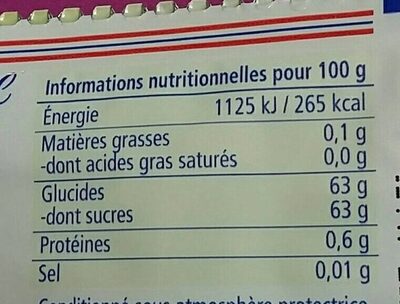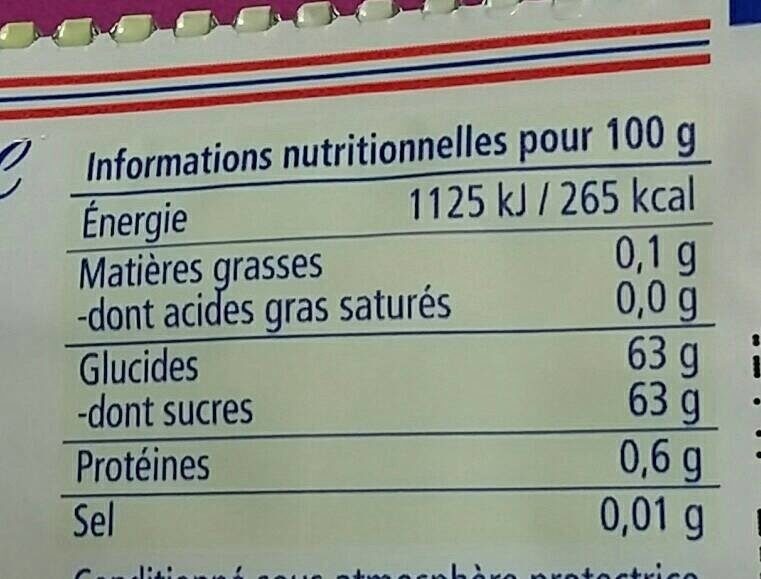Geriebene Zitronenschale - Dr. Oetker - 6g
This product page is not complete. You can help to complete it by editing it and adding more data from the photos we have, or by taking more photos using the app for Android or iPhone/iPad. Thank you!
×
Barcode: 4000521146313 (EAN / EAN-13)
Common name: Geriebene Zitronenschale mit Dextrose stabilisiert
Quantity: 6g
Brands: Dr. Oetker
Categories: Plant-based foods and beverages, Plant-based foods, Condiments, Spices, de:Geriebene Zitronenschale
Labels, certifications, awards:
Green Dot, Made in Germany
Manufacturing or processing places: Deutschland
Stores: Lidl
Countries where sold: Austria, France, Germany, Luxembourg
Matching with your preferences
Environment
Packaging
Transportation
Report a problem
Data sources
Product added on by date-limite-app
Last edit of product page on by bartolomeu.
Product page also edited by aleene, ecoscore-impact-estimator, foodrepo, kiliweb, openfoodfacts-contributors, packbot, prepperapp, roboto-app, segundo, sil, standardanalysis, yuka.ZElJblBicFpudnNVbU1Cai9oeUs2K01xNGJTeFV6L3JKTTVNSVE9PQ, yuka.sY2b0xO6T85zoF3NwEKvlkl6c_2HkhnBKQTTpmPX3YegBMfHOItfwtDVDKs, yukafix.










